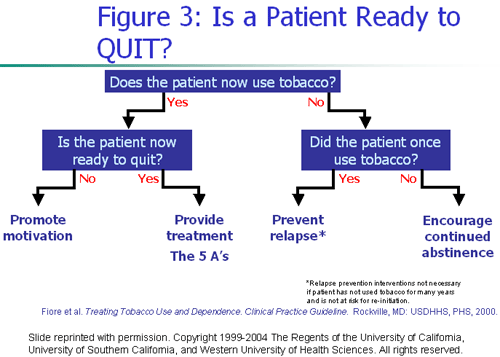-
MyChart
Log in to our secure, personalized website to manage your care (formerly myMDAnderson).
-
Request an Appointment
If you are ready to make an appointment, select a button on the right. If you have questions about MD Anderson’s appointment process, our information page may be the best place to start.
Appointment Information - Donate Today
Project TEAM
It's been said that tobacco companies are "addicted to underage smoking." To prove the point, critics point to research indicating that initiation of smoking and promotion of the smoking habit are most easily achieved in children and adolescents, making them easy prey for the cigarette manufacturers:
- Almost 90% of smokers begin at or before age 18.
- Studies show that 88% of smokers age 12 to 17 years prefer the three most heavily advertised brands.
- Youth smoking increased more than 50 percent when the budget for Joe Camel advertisements was increased from $27 million to $43 million over four years (the adult market share did not change).
- Teens are three times as sensitive to cigarette advertising as adults.
- Teens are even more susceptible to tobacco advertising than to peer pressure.
These results come from government studies reported by the Substance Abuse and Mental Health Services Administration (SAMHSA) and other agencies of the U.S. government and research published in the Journal of Marketing and other professional and medical journals.
Identifying Effective Interventions
The power of teen addiction, the multiple attempts required to quit, and the pervasive advertising and promotion make escaping tobacco use a daunting challenge to teens. Experts who help adolescents quit say that interventions matched to the adolescents' stage of change are most effective. To identify the adolescent's readiness to quit—his or her stage of change—health care professionals can use the following questions:
- Do you now use tobacco?
- Are you now willing to quit?
- Did you once use tobacco?
...and then follow the suggestions listed below appropriate to the patient's stage.
- Person's WILLING TO QUIT (i.e., in the next 30 days):
- Behavioral counseling
- Pharmacotherapy
- Persons UNWILLING TO QUIT:
- Motivational interventions
- Persons who RECENTLY QUIT (i.e., in the past 6 months):
- Relapse prevention interventions
Figure 3 below diagrams the process.

|
Interventions that make quitting more appealing to teens include those that de- glamorize smoking and emphasize the realities of the irritating smoke and foul smell and the resulting yellow teeth and bad breath. Like adult smokers trying to quit, adolescents need skills at handling the urge to smoke in familiar situations and advice about modifying lifestyle. Teens in maintenance remain vulnerable to relapse, so health care professionals are urged to follow them mindfully, offering support and suggestions meant to prevent relapse.
